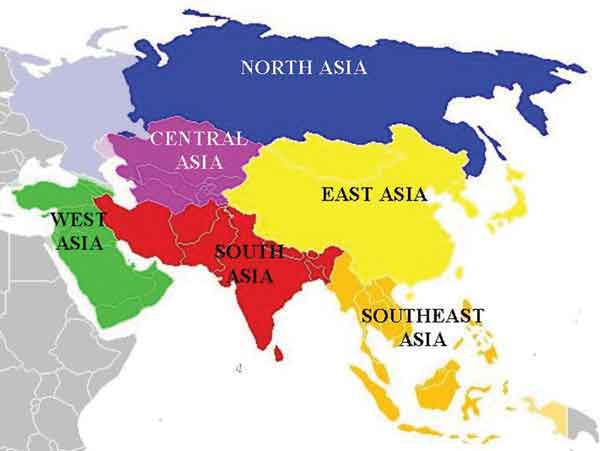
Amidst a sluggish global economic landscape, South Asia has emerged as the fastest-growing region among emerging markets and developing economies. Fueled by India's powerhouse performance, with growth projected at 6.3 per cent in 2023-24 and 6.4 per cent in 2024-25, the region offers a beacon of hope, indicates World Bank's latest Global Economic Prospects report.
Indeed, India, driven by robust investments and vibrant services, remains the undisputed regional champion. However, a closer look reveals a diverse picture across South Asia, with both promising opportunities and lurking challenges.
Bangladesh: While growth dipped to 5.6 per cent in 2023 due to import restrictions and rising costs, a moderate rebound is projected for 2024. However, inflation and currency concerns, as highlighted by the World Bank, remain pressing issues.
Pakistan: After a drop in 2023 due to high inflation and currency depreciation, Pakistan's outlook remains subdued. Growth in 2024 is expected to hover around 4 per cent, with tight fiscal and monetary policies dampening expansion.
Sri Lanka: Mired in debt restructuring negotiations, the island nation's economic future hangs in the balance. Finding a sustainable solution will be crucial for Sri Lanka's recovery.
Maldives and Bhutan: These two nations offer bright spots. Tourism investments are expected to boost growth in the Maldives by 4.5 per cent in 2024, while Bhutan's commissioning of a new hydro plant promises 7.2 per cent growth in 2024.
Risks and Opportunities
However, despite positive growth indicators, South Asia's road ahead isn't without its bumps. The World Bank warns of global headwinds like rising energy and food prices, tighter financial conditions, and geopolitical tensions, all posing significant risks. Domestic uncertainties surrounding elections in some countries add to the mix.
Amidst these challenges lie immense opportunities. South Asia's youthful population, rising consumption, and focus on infrastructure development offer a springboard for sustained growth. Implementing growth-friendly policies that attract investments, particularly in climate-friendly initiatives, will be crucial.
A Call to Action
Economic expansion is just one part of the bigger puzzle. South Asia faces the daunting task of tackling broader challenges like debt burdens, food insecurity, and climate change. Indermit Gill, World Bank's Chief Economist, warns without swift action, the 2020s could be a "decade of wasted opportunity." Boosting investment in climate-friendly initiatives and tackling these broader issues is essential for South Asia's long-term success and its contribution to global progress.
Policymakers and stakeholders across the region must seize this moment. By embracing the opportunities, navigating challenges and investing in a sustainable future, South Asia can not only secure its own economic future but also become a model for responsible and inclusive development on the global stage. The time for action is now.












